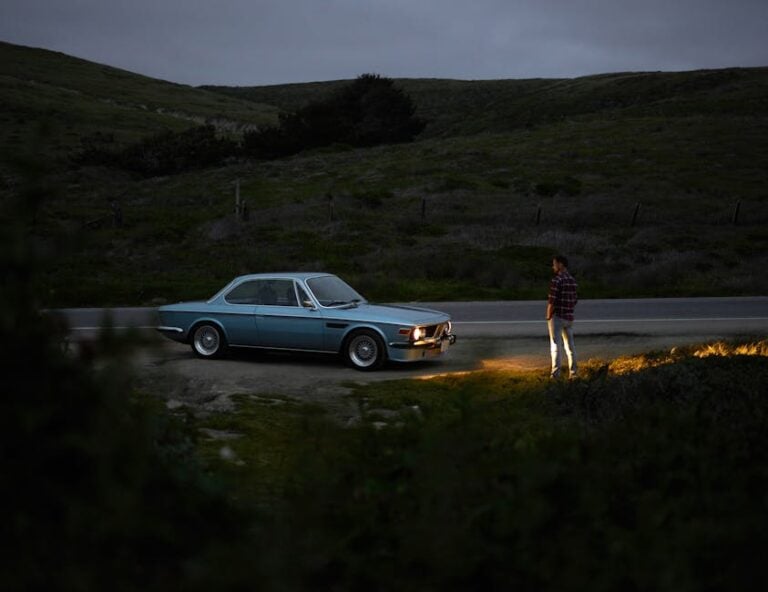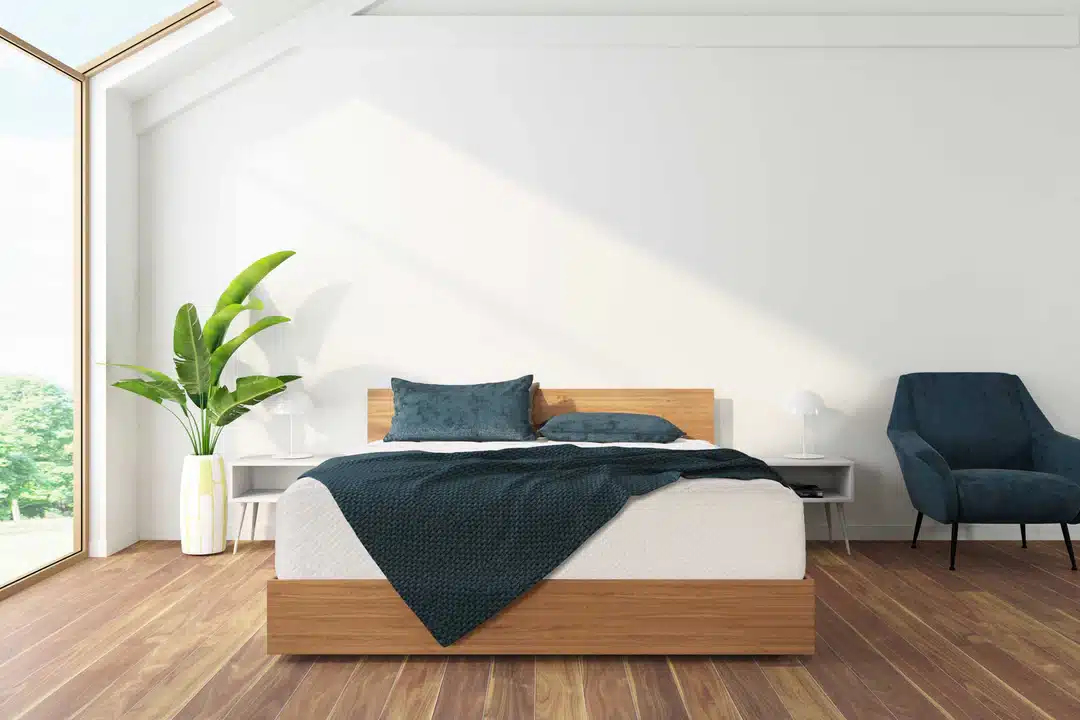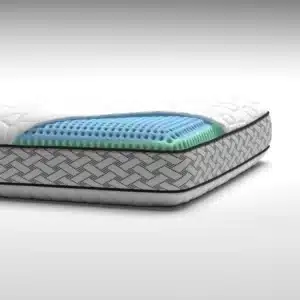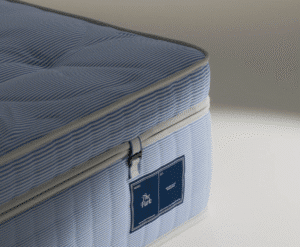A Practical Guide to Finding Legal Parking Spots to Sleep in Your Car
Why Finding Legal Spots is Crucial
Finding a legal parking spot to sleep in your car is about more than convenience—it’s a matter of safety, legality, and peace of mind. Different states and cities have varying laws, which can make navigating your options challenging. Understanding where you can legally sleep not only keeps you on the right side of the law but also ensures you can rest comfortably. Here’s a comprehensive guide to some reliable and safe options:
1. Rest Stops: Designed for travelers needing a break, many states allow overnight parking, although rules may vary.
2. Welcome Centers: Similar to rest stops but often better equipped with amenities. Always check for any time limitations.
3. National and State Parks: Designated areas are usually available for camping, often monitored by park rangers.
4. Dispersed Camping Sites: Managed by the Bureau of Land Management (BLM) and U.S. Forest Service, these spots typically allow free camping for a limited duration.
5. Walmart Parking Lots: Some locations permit overnight parking, but it’s best to confirm with the store manager ahead of time.
6. Safe Parking Programs: Community-driven initiatives that designate legal parking for overnight stays, often found in the lots of religious institutions or other organizations.
Navigating these regulations can feel overwhelming, but familiarizing yourself with your options makes a significant difference. I’m Ben Trapskin, and after my own experiences with sleeping uncomfortably on the road, I’m committed to helping others find safe sleeping spots. Let’s explore these options in detail.
Where Can You Sleep in Your Car?
Rest Stops and Welcome Centers
Rest stops serve as convenient places to recharge and prevent drowsy driving. While many states allow overnight parking, each state has its own hand. Some limit parking durations, while others may fully permit overnight stays. Welcome centers, usually located near state lines, provide ample amenities—bathrooms, internet access, and security cameras. Always check local guidelines as some centers have restrictions on overnight parking.
National and State Parks
National and state parks often feature designated camping areas for vehicle sleeping. These spots are typically supervised by park rangers, providing an added layer of safety. Be mindful that certain parks may require permits or fees for overnight stays, especially during peak seasons, so early reservations are recommended.
Dispersed Camping Sites
Managed by the BLM and U.S. Forest Service, dispersed camping sites enable free overnight stays, generally for up to two weeks. These sites are usually remote and lacking amenities, so if you prefer the comfort of facilities, a paid campground might suit you better.
Walmart Parking Lots
Some Walmart stores allow free overnight parking, particularly for RVs. Policies can differ between locations, so checking with the store manager is advisable. When parking at Walmart or similar establishments, choose well-lit areas and remain aware of your surroundings to enhance safety.
Safe Parking Programs
The Continuum of Care program includes Safe Parking Programs (SPP) in various urban areas, offering designated spaces specifically for people experiencing homelessness. Sometimes these spaces require permits. Locations may vary but can include church or public building parking lots.
By exploring these options, you can find legal spots to sleep in your car while ensuring you’re safe, comfortable, and compliant with the law.
Tips for Safely Sleeping in a Car
Sleeping in your car can be an adventure, but comfort and safety are paramount. Here are several practical tips to enhance your sleeping environment:
Create a Comfortable Environment
– Light Limitation: Block out disruptive lights with eye masks or window coverings, like sunshades or blackout curtains, to promote restful sleep.
– Noise Reduction: Use earplugs or play calming music to mask external noises, creating a more peaceful environment.
– Reclining Seat: recline your seat to maintain a more natural sleeping position, alleviating neck strain.
– A Comfortable Pillow: Invest in a supportive neck pillow to enhance comfort and improve sleep quality.
– Mattress Options: Consider a portable truck mattress, thick blankets, or an RV mattress to add cushioning when sleeping in your vehicle.
– Temperature Control: Keep your car cool while sleeping by slightly opening a window or using heavier blankets when it’s cold outside.
Practice Relaxation Techniques
Stress can interfere with sleep, so incorporating relaxation techniques can be beneficial:
– Reading: Dive into a book for mental relaxation, steering clear of screens that emit blue light.
– Listening to Music: Soft tunes can calm the mind while serving as white noise.
– Meditation: Take a few minutes to meditate and clear your mind, promoting tranquility.
– Deep Breathing: Engage in deep breathing exercises to calm your nervous system, easing you into sleep.
– Warm Non-Caffeinated Beverages: Sipping herbal tea signals your body that it’s time to wind down.
– Maintain a Sleep Schedule: Going to bed and waking up at consistent times helps regulate your body’s internal clock.
By following these tips, you’ll make your car a comfortable, restful haven, ensuring a good night’s sleep no matter where your journey leads.
Is It Illegal to Sleep in Your Car?
Understanding the legalities surrounding sleeping in your car is crucial. While no federal law prohibits this practice, state and city regulations can vary significantly.
State and City Laws
Different jurisdictions have specific rules regarding sleeping in vehicles. For instance, almost 60% of U.S. cities surveyed have laws prohibiting sleeping in cars either completely or with specific restrictions. Always pay attention to local parking signs and regulations, which indicate where and when overnight parking is permitted.
Practical Tips for Legal Parking
1. Research Before You Go: Websites or apps like iOverlander provide valuable insights on local laws.
2. Ask Locals: Sometimes, local insights are the most accurate and helpful for finding good parking options.
3. Check Online Resources: Local government or tourism websites often contain helpful information about parking regulations.
Conclusion
Finding legal parking spots to sleep in your car is essential for enjoying your travels safely and comfortably. With the right knowledge and preparation, you can navigate the laws effectively while ensuring peaceful sleep. At Yawnder, we’re here to support you with expert recommendations on mattresses and bedding tailored for a restful night’s sleep. Don’t compromise on comfort while on the road; choose from our top-rated options and transform your car into a cozy sleeping haven. With the right approach, you can enjoy a comfortable night’s sleep wherever your adventures take you.


















